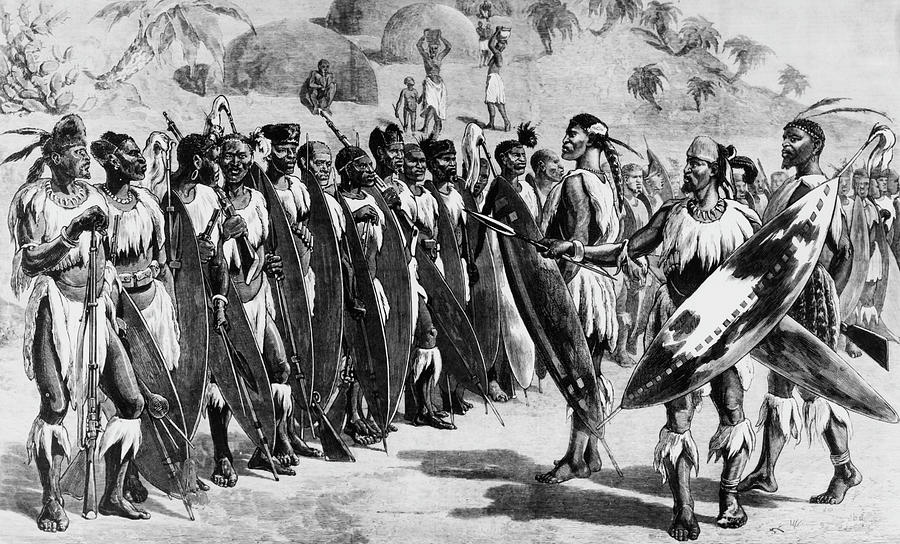By Thomas Sibanda
For the smooth running of his government, King Mzilikazi employed royal civil servants who were on the state payroll and welfare. They included amanxusa, inyanga yomuzi ,isanusi, imemezi yomuzi , abasiki bezinhlangu, and impisi among others.
Amanxusa were the royal police force, whose duty was to maintain peace and order in the royal palace, courts and at national ceremonies like Inxwala. They also acted as ushers for visitors or at national events. They had arresting powers. They reported directly to the King.
Inyanga yomuzi and isanusi, were the traditional healers and the seers. The former was a herbalist who had vast knowledge of the medicinal properties of wild plants and trees. Inyanga Yenkosi was the king’s medical doctor.
He also dispensed medicines to soldiers to give them courage and strength in wars. He also treated injured and wounded soldiers. He also cleansed the soldiers after battle. Isanusi on the other had psychic abilities to sniff out witches and warn the king for any looming danger.
Imemezi yomuzi, the town crier, was the town broadcaster. This role was reserved for a man with good inter-personal communication skills. Physically, the man needed to have a loud and piercing voice. He publicly broadcasted all the public notices or decrees of the king.
Abasiki bezihlangu, were the makers of the shields, used by soldiers. These were gifted craftsmen of national importance. They had to select the skins for the various regimental shields, cut them in the correct pattern. They reported to umhloli wezinhlangu, the quartermaster.
Umhloli wezinhlangu submitted the final shields to the King for his approval before they were distributed to the various regiments. Some of these soldiers also engaged in iron smelting to produce important metal objects like spears, hoes and knives.
Umvali wesango was the gatekeeper responsible for managing city gates and the movement of cattle. All the entrances to the towns had gatekeepers who carried a census of the national and private herds. These were often rewarded with the offal of the slaughtered cattle.
They were specially selected men without fear, and absolutely dependable. When the army actually got going, the inhloli, the scouts, went ahead and guided the main columns having communicated and got the relevant intelligence from impisi.
Whenever the King appeared in public, imbongi yenkosi, the king’s praise poet or court poet played a major role in ushering the king. Imbongi yenkosi was well versed in the king’s genealogy, his life story, great deeds and those of his ancestors.
Through poetic creativity, he would create praise poetry, great praise names with which the king was greeted, while the assembled multitude backed him with their agreement. His job was to endear the love of the king to the people, affirm the king’s authority and power.
Umthelisi, the tax collector; was a person of importance. Ndebele citizens did not pay taxes, but collected them only from conquered peoples. Taxes were paid with spears, tobacco, grain, animal skins, elephant tusks or other objects which the Ndebele needed for trade or use.
Inceku was a court official who acted as an intermediary between the king and those who sought audience with him. Anyone with a petition, grievance or special report for the king, went through inceku who would confirm with the king if the person had to be given an audience.
The preparation of the king’s food was carried out by his wives or servants, who handed it over to umphathi wokudla kwenkosi, the king’s butler. The butler ensured that the food was well cooked and to the king’s liking.
Beer was brewed mainly by the king’s wives, who on presenting the cup to the king, tasted and sipped it themselves first to show that it contained no poison.
The odd jobs about the royal kraal were performed by youths, known as imbovane. Most of imbovane were youths captured during raids or orphans. When they grew up they were drafted into the various regiments and became amabutho, soldiers.

